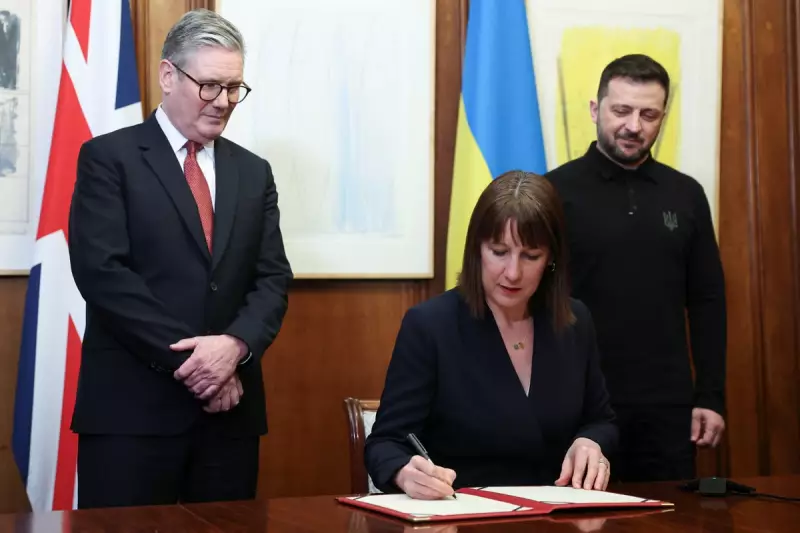
In a significant hardening of the UK's economic stance against Moscow, Chancellor Rachel Reeves has declared her intention to aggressively pursue the seizure of frozen Russian state assets to fund Ukraine's reconstruction.
The Labour Chancellor, in one of her first major foreign policy moves, stated she is "working closely with allies" on the contentious issue of utilising the approximately £26 billion in Russian Central Bank assets immobilised in Britain. This position aligns her with more hawkish G7 nations and represents a notable shift in the UK's approach.
G7 Alignment and a New Stance
Reeves' announcement signals a departure from previous UK caution on the matter. She emphasised collaboration with international partners, particularly the United States, where a similar, more assertive policy is gaining traction. The move aims to ensure Russia bears the financial burden for the widespread destruction it has inflicted on Ukrainian cities and infrastructure.
"The case is clear," Reeves stated. "Russia must pay for the damage it has caused. We are working closely with our G7 allies to find a lawful and effective method to use these immobilised assets for the benefit of the Ukrainian people."
The Legal and Diplomatic Challenge
The plan is not without its complexities. The primary hurdle remains the intricate legal and diplomatic framework surrounding sovereign asset immunity. The UK government's previous position had expressed concerns over setting a precedent that could undermine the global financial system and the rule of law.
However, the Chancellor's new directive indicates a confidence that these challenges can be overcome through coordinated international action. The focus is now on developing a robust legal strategy that can withstand potential challenges in courts and international forums.
This bold economic manoeuvre places the UK at the forefront of a growing coalition of nations determined to make the Kremlin financially accountable for its aggression, marking a new chapter in the West's economic response to the war.





